
Early Draft of Comey Statement Accuses Clinton of Gross Negligence
In an early draft of his final statement on the Clinton email investigation, ex-FBI Director James Comey called Hillary’s behavior “grossly negligent.” In his final assessment, delivered July 5th, that phrase had been changed to “extremely careless.”
As I’m sure he knows, the phrase “gross negligence” is a benchmark used in federal laws when determining whether a certain behavior constitutes a crime; in this case, the loss or removal of classified information.
Comey’s first draft recommended against prosecution, but the terminology he uses seems to imply that Hillary broke the law.
“There is evidence to support a conclusion that Secretary Clinton, and others, used the private email server in a manner that was grossly negligent with respect to the handling of classified material,” reads the draft (dated May 2nd, 2016).
The draft is one of several documents recently obtained by the Senate.
“Although Director Comey’s original version of his statement acknowledged that Secretary Clinton had violated the statute prohibiting gross negligence in the handling of classified information, he nonetheless exonerated her…arguing that this part of the statute should not be enforced,” writes Iowa Republican Chuck Grassley, Chairman of the Senate Judiciary Committee.
It is unclear who recommended the change in phrasing, but memos show that at least three top FBI officials were involved in helping Comey edit the statement.
“Apparently, as of May 2016, then-Director Comey and other FBI officials believed the facts fit that gross negligence standard until later edits were made,” writes Grassley in a letter to the FBI demanding more information.
Comey’s final decision came as a shock and was met with criticism from all sides. In his final statement, Comey suggested that Clinton and her aides broke the law but should not be charged because there is no proof of criminal intent.
Comey also insisted the FBI could not find a case in the past that would support bringing criminal charges based on the facts. More specifically, the FBI did not find indications of disloyalty to the US, willful mishandling of classified information, or efforts to obstruct justice. In other words, Hillary’s criminal behavior was just an accident.
Comey told Congress last year that he never considered prosecuting Clinton without proof of criminal intent, but the early draft of his statement suggests there may have been disagreement within the FBI about that decision. Comey also insisted the FBI would not give Clinton special treatment in the case.
President Trump fired Comey in May, accusing him of protecting Hillary during the email investigation.




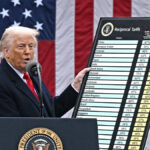

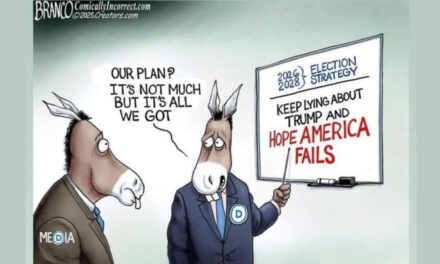
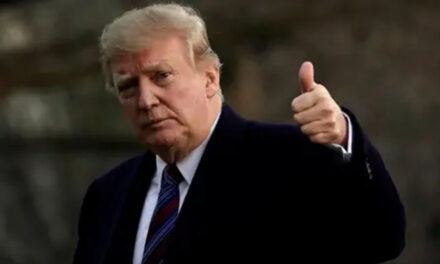




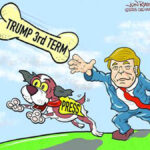



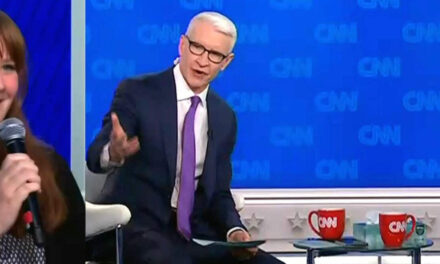








At last Larry has been heard from with "Leave a Reply". We know Larry is the author of the Reply…
Trump is probably the most fit President we have had in the White House for a President at any age.…
Cognitive and physical health. OMG. Elections have consequences. It’s proven that Trump is smarter than Frank Dunger. Any in agreement?…
He said, she said so who are we going to believe. Larry you cast a very dim light on the…
You asswipes aren’t good enough to give Trump a rim job. But speaking of Trump, he passed his physical examination…